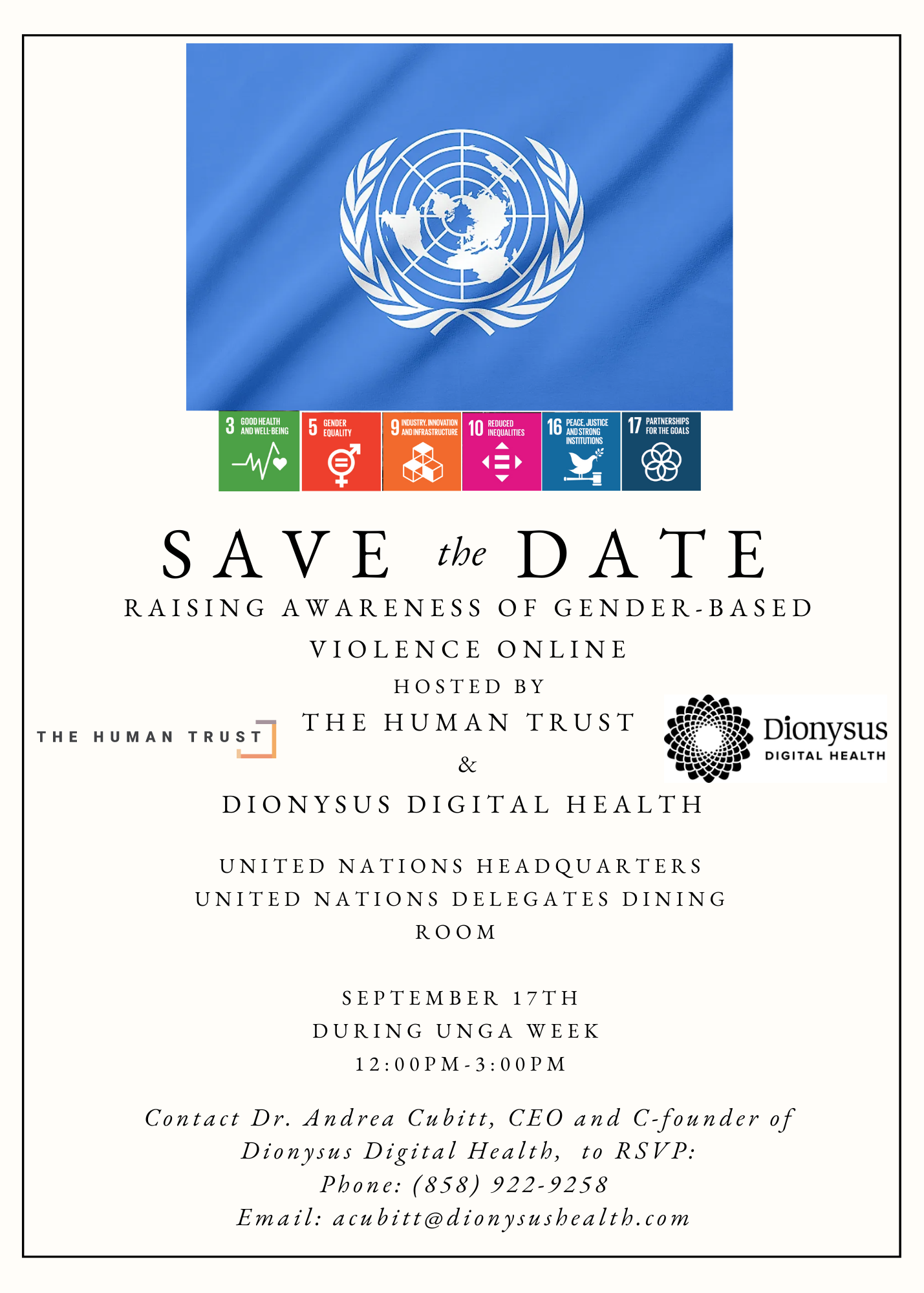Change Is Weird

This week we look at how to solve messy real world problems and the nuance of voter turnout.
<<Support my work: book a keynote or briefing!>>
Want to support my work but don't need a keynote from a mad scientist? Become a paid subscriber to this newsletter and recommend to friends!
Research Roundup
Change Is Weird
It’s easy to want to make change, but much harder to create a difference in the messy real world if you don’t understand the problem. Sometimes, you might even make things worse.
Take salary history bans, since women are systematically paid less, banning forced disclosure of past pay might help decrease gender wage gaps. Unfortunately, the results aren’t so simple. Across the 17 states that have enacted these bans, they “lead to a 3% decrease in new hire wages” with no decrease in gender wage gap across all workers. New hires in particularly marginalized groups do see a “1.5% increase in the relative wages of women”, but this is a classic case in which taking away information does not reduce bias.
On the other hand, understanding messiness can truly help. Take this question: If you want to change an entire community but can’t afford to reach everyone, who should you target with your message if you don’t know anyone? Instead of targeting people at random, select a random person but then target one of their friends. A program for maternal and child health interventions leveraged this bit of sociological weirdness (an “algorithm known as friendship-nomination targeting”) and found their interventions spread more effectively across the entire community over the next 2 years.
Understand the problems you are trying to solve and all of their wonderful weirdness. They won’t still be problems if the answers were easy to find.
Rock the Vote/Block the Vote
What motivates people to vote?
One positive factor is national service. Regression discontinuity (fancy economics statistics) shows that Teach for America “substantially increasing voter turnout rates among applicants admitted to the program”. No big shock here.
On the other hand, it seems that economic opportunity might actually suppress voting: “receiving a housing voucher to move to a low-poverty neighborhood decreased adult participants’ voter participation for nearly two decades—a negative impact equal to or outpacing that of the most effective get-out-the-vote campaigns in absolute magnitude”.
I’ll admit, I’m rather flummoxed by that latter finding. Do improved circumstances in life refocus attention from the polity to oneself, on your children’s specific outcomes rather than your own? Does it decrease direct exposure to in-group political messaging?
Weekly Indulgence

Stage & Screen
- August 14-15 Napa: Mandrake Capital Partners
- August 23, virtual: more fun with BCG 😄
- September 8, Athens: ESOMAR
- September 27, NYC: well...the teaser is right above this.
- September 25, SF: BCG Australia
- September 26, Wyoming: Tetons Leadership Counsel
Upcoming this Fall (tentative)
- October 1-4, Manila & Singapore: Hyper Island and more! (Book me!!!)
- October 24, Toronto: Metropolitan University
- October 29, Rome or Rio: We'll all know which soon enough
Find more upcoming talks, interviews, and other events on my Events Page.
If your company, university, or conference just happen to be in one of the above locations and want the "best keynote I've ever heard" (shockingly spoken by multiple audiences last year)?
SciFi, Fantasy, & Me
Sunday night PBS Doctor Who marathons with my father is part of why I am who I am. It truly saddens me to say that with this current series, I’ve just given up on Doctor Who. Show runners and movie makers: please stop deconstructing iconic characters into unrecognizability. Just as bleak Superman isn’t Superman, an underconfident, emotionally vulnerable Doctor loses the message of pride in being smart and different that meant so much to a nerdy kid in the 70s.
(p.s. paring this change to the core of the character with the first casting of a woman and black man as the Doctor is particularly pernicious as it seems to say that the Doctor cannot be female and confident.)
Vivienne L'Ecuyer Ming
| Follow more of my work at | |
|---|---|
| Socos Labs | The Human Trust |
| Dionysus Health | Optoceutics |
| RFK Human Rights | UCL Business School of Global Health |
| Crisis Venture Studios | Inclusion Impact Index |
| Neurotech Collider Hub at UC Berkeley | GenderCool |